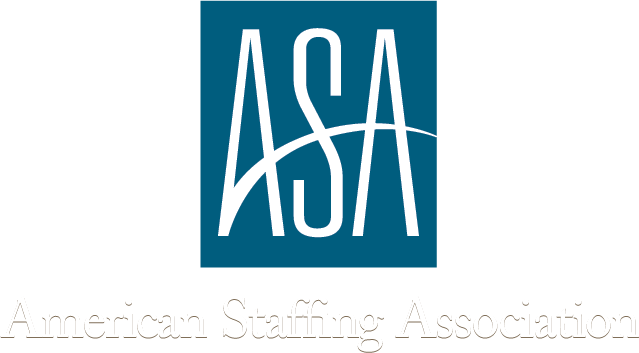It’s almost impossible to get through one’s professional life without a least some kind of gap in your employment history. This is especially true now that we tend to bounce between cities, companies, and careers with more and more frequency. But despite how common employment gaps are, they continue to raise red flags for hiring managers. The good news is that if you know how to discuss the gap in the right way, you can turn a liability into an asset.
Be Honest
First and foremost, it’s never a good idea to try and hide a gap in your employment history. Lying about when and where you worked will ruin your chances of getting a job much faster than the gap itself. When you start talking about the gap, honesty is just as important. Be upfront about why you were let go from your previous job, especially if it was because or a layoff, a restructuring, or some other factor that was out of your control.
Be Positive
Maybe you were fired from your previous job. Maybe you quit because you hated your boss or coworkers. Don’t use the opportunity of a job interview to air your grievances about a previous employer. This speaks poorly of your character and is professionally inappropriate. In most cases, hiring managers understand that not every job works out as planned. Being honest and positive about the circumstances shows that you won’t bring negativity into the office.
Be Excited
For some, the reason they have an employment gap on their resume is because they took time off to go traveling, to seek out schooling, or to pursue personal enrichment in some other way. Don’t be afraid to highlight this. Not only does it show the hiring manager that you are an interesting person with an impressive amount of courage and initiative, it also reassures them that you have had your adventure and are now ready to get back to work.
Be Complete
Lets say that you were out of work for an extended period of time for reasons that you are not particularly proud of. You can still frame that as a worthwhile experience by highlighting some of the activities you took on during that period. Maybe you spent lots of time volunteering, took on some freelance work, or pursued a new skill on your own schedule. As much as possible, try to emphasize that you didn’t spend six months sitting on the couch.
Looking for a new job is a process, and dealing with an employment gap is just one of the obstacles you will encounter. Find resources to help you land the job you want by working with the team at Selectek.


